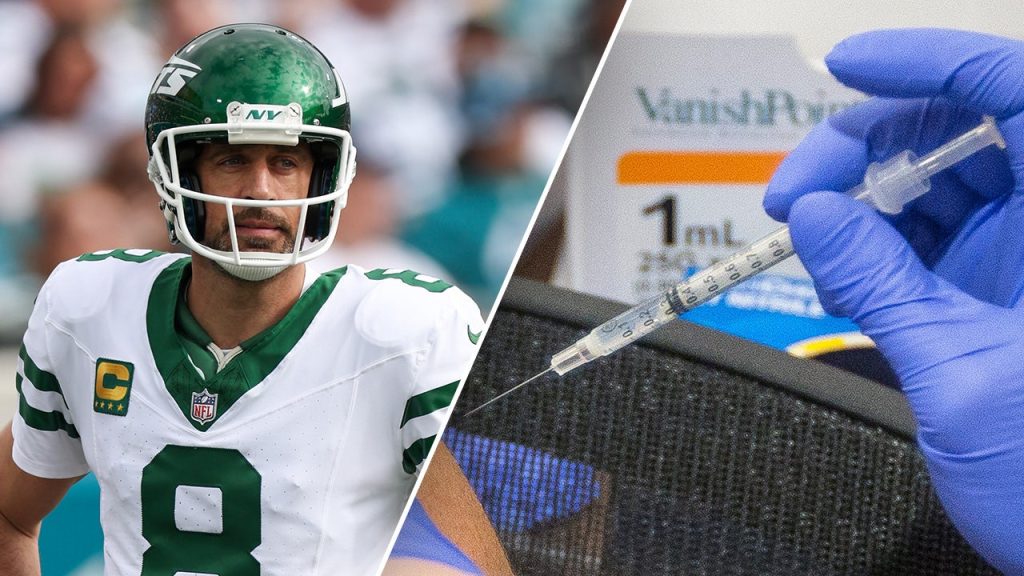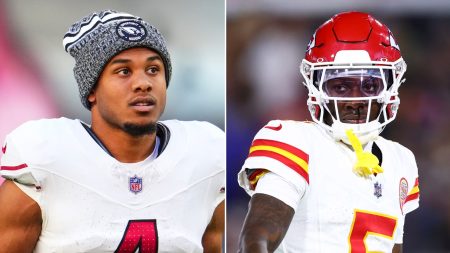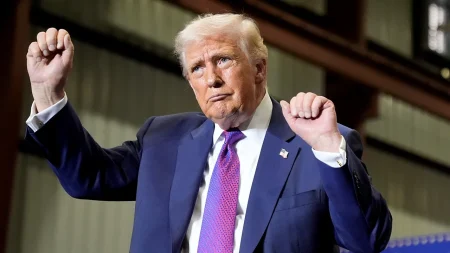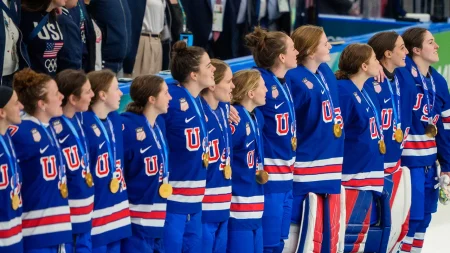Brian Urlacher, the former Chicago Bears linebacker, has put forth Aaron Rodgers, the star quarterback, as a potential political candidate. Urlacher, who played against Rodgers during his NFL career, now finds himself aligned with Rodgers on numerous political issues. He points to Rodgers’ public stance against the COVID-19 vaccine as a key factor that could propel him to political success. Urlacher argues that Rodgers’ refusal to get vaccinated resonated with a segment of the population who felt their concerns about the vaccine were being ignored. He suggests that this act of defiance, coupled with the subsequent criticism Rodgers faced, could position him as a champion of individual liberties and a voice for the “smaller guy.”
Rodgers’ stance on the COVID-19 vaccine became a point of contention in November 2021. After testing positive for the virus and missing several games, it was revealed that Rodgers had not received the vaccine, despite earlier statements suggesting he was “immunized.” This revelation sparked widespread controversy and resulted in fines for both Rodgers and the Green Bay Packers. Rodgers claimed his “immunization” referred to a homeopathic treatment, not the approved vaccines. He cited an allergy to an ingredient in the Moderna and Pfizer vaccines, as well as concerns about potential side effects from the Johnson & Johnson vaccine, as reasons for his decision. While some fans criticized Rodgers for his stance and perceived misleading statements, Urlacher believes this controversy could actually bolster Rodgers’ appeal to a specific demographic in a potential political run.
Urlacher highlights the pressure Rodgers faced for his decision, including daily testing and a more rigorous schedule than vaccinated players. He sees this as further evidence of Rodgers’ willingness to stand up for his beliefs, even in the face of adversity. Urlacher portrays Rodgers as a figure who challenged established norms and advocated for individual choice, a narrative that could resonate with a certain electorate. This, in Urlacher’s view, is precisely the kind of characteristic that could translate into political success.
The controversy surrounding Rodgers’ vaccination status unfolded against a backdrop of broader societal debates about vaccine mandates and individual liberties. Rodgers’ decision to publicly challenge the NFL’s protocols and speak out against mandatory vaccination touched upon these sensitive issues, further polarizing public opinion. While some viewed his actions as irresponsible and misleading, others saw him as a symbol of resistance against perceived government overreach. This division in public sentiment, Urlacher suggests, could be leveraged in a political campaign, with Rodgers potentially appealing to those who felt their freedoms were being curtailed during the pandemic.
Rodgers’ subsequent apology for any misleading comments, while simultaneously defending his right to make personal health choices, further complicates the narrative. He attempted to strike a balance between taking responsibility for his statements and maintaining his stance on vaccination. This nuanced approach, while potentially alienating some on both sides of the issue, could also be presented as a sign of thoughtful leadership, willing to acknowledge mistakes while remaining true to personal convictions. This narrative could be particularly effective in a political climate often characterized by rigid ideological positions.
The question of whether Rodgers’ stance on vaccination would ultimately help or hinder a political career remains open for debate. While it undoubtedly garnered him support among a specific demographic, it also alienated others. His perceived lack of transparency and initial misleading statements could be used against him. However, Urlacher’s argument rests on the premise that Rodgers’ willingness to challenge the status quo and advocate for individual choice, regardless of the consequences, would resonate with voters who value these qualities. The success of such a strategy would depend on the political landscape, the specific constituency, and Rodgers’ ability to effectively articulate his broader political platform.














